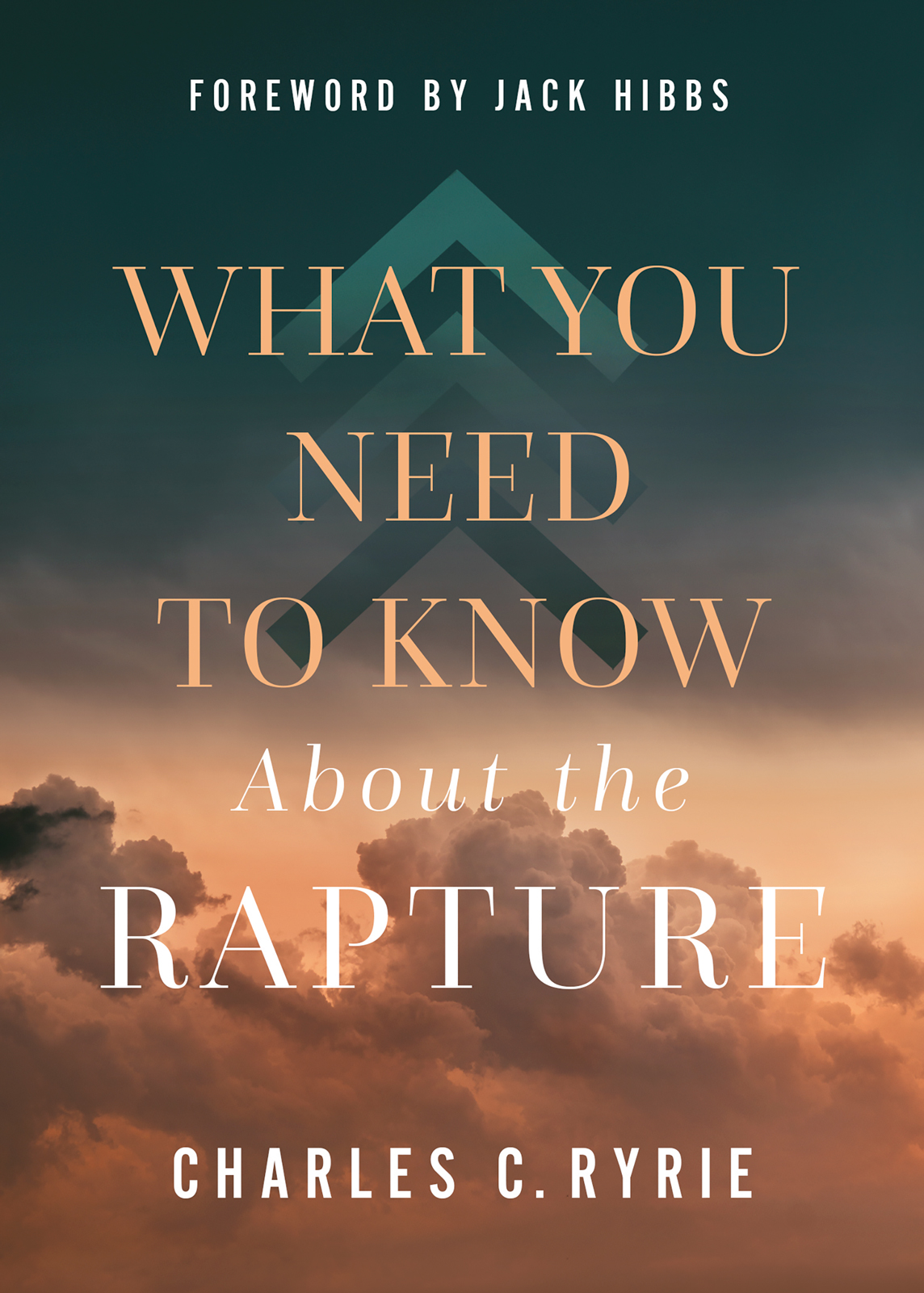The modern concept of rapture has little or nothing to do with an eschatological event. But the word is used properly of that event.
Rapture is a state or experience of being carried away. We are enraptured by the beauty of a sunset. We say that it is sheer rapture to hear a certain piece of music.
When we say such things, we mean we are carried away by the experience.
The English word comes from a Latin word, rapio, which means “to seize or be carried away in one’s spirit,” or the actual removal from one place to another. In other words, it means to be carried away either in spirit or body. Thus the rapture of the church means the removal of the church from earth to heaven.
But is this a biblical term? Yes. The Greek word from which we take this term rapture appears in 1 Thessalonians 4:17 and is translated “caught up.” The Latin translation of this verse uses the word rapturo, from which we derive our English word rapture. So it is a biblical term that has come to us through the Latin translation of 1 Thessalonians 4:17.
The original Greek word in that verse is harpazo. Like the Latin word, it also means to snatch or take away, and it occurs 13 times in the New Testament. It describes how the Spirit caught up Philip near Gaza and brought him to Caesarea (Acts 8:39). Paul used it to describe his experience of being caught up to the third heaven, whether in or out of his body (2 Corinthians 12:2-4). Thus there can be no doubt that it is describing an actual removal of people from earth to heaven when it is used in 1 Thessalonians 4:17 of the rapture of the church.
Five Aspects of the Rapture
What will this event be like? Paul answers this in detail in 1 Thessalonians 4:13-18 by describing five aspects of the rapture.Jesus’ Return
1. There will be a return of Christ (1 Thessalonians 4:16).
The Lord Himself will come for His people, accompanied by all the grandeur His presence deserves. There will be a shout, a command such as an officer gives to his troops. The text does not say whether the Lord or an archangel will shout, though the voice of an archangel will be heard.
2. Resurrection
There will be a resurrection (1 Thessalonians 4:16). At this point in history, only the dead in Christ will be raised (that is, only Christians). Although there have been many believers since Adam, no believer was placed “in Christ” until the day of Pentecost, when the baptism of the Holy Spirit first occurred (Acts 2). So those raised at the rapture include all believers from the day of Pentecost until the rapture.
3. Rapture
There will be a rapture (1 Thessalonians 4:17). Living believers will be caught up into the Lord’s presence without experiencing physical death.
In 1 Corinthians 15:51-54, Paul tells us how the rapture will happen. The bodies of those who have died before the Lord comes will have experienced corruption; therefore, they will need to put on incorruption at this time of resurrection. But the bodies of living believers will not have experienced the corruption of death; they will be mortal. So they will put on immortality by some unexplained process of replacing bodies subject to death (mortal) with bodies that will never die (immortal).
4. Reunion
There will be a reunion (1 Thessalonians 4:17), first with loved ones, and second, with the Lord. In that instant of resurrection and translation, there will be countless reunions with loved ones. But the excitement of those reunions will pale in the light of what it will mean to see the Lord.
5. Reassurance
There is reassurance from this doctrine (1 Thessalonians 4: 18). “Therefore,” Paul wrote, “comfort one another with these words.” The word comfort also means “encourage.” The doctrine of the rapture comforts all who have lost loved ones. Believers do not have to sorrow as those who have no eternal hope. The truth of the rapture encourages us with a certain knowledge and a firm hope about the future. Loved ones will be raised, and living ones will be changed when the Lord comes.

Read more in What You Need to Know About the Rapture
by Charles Ryrie



